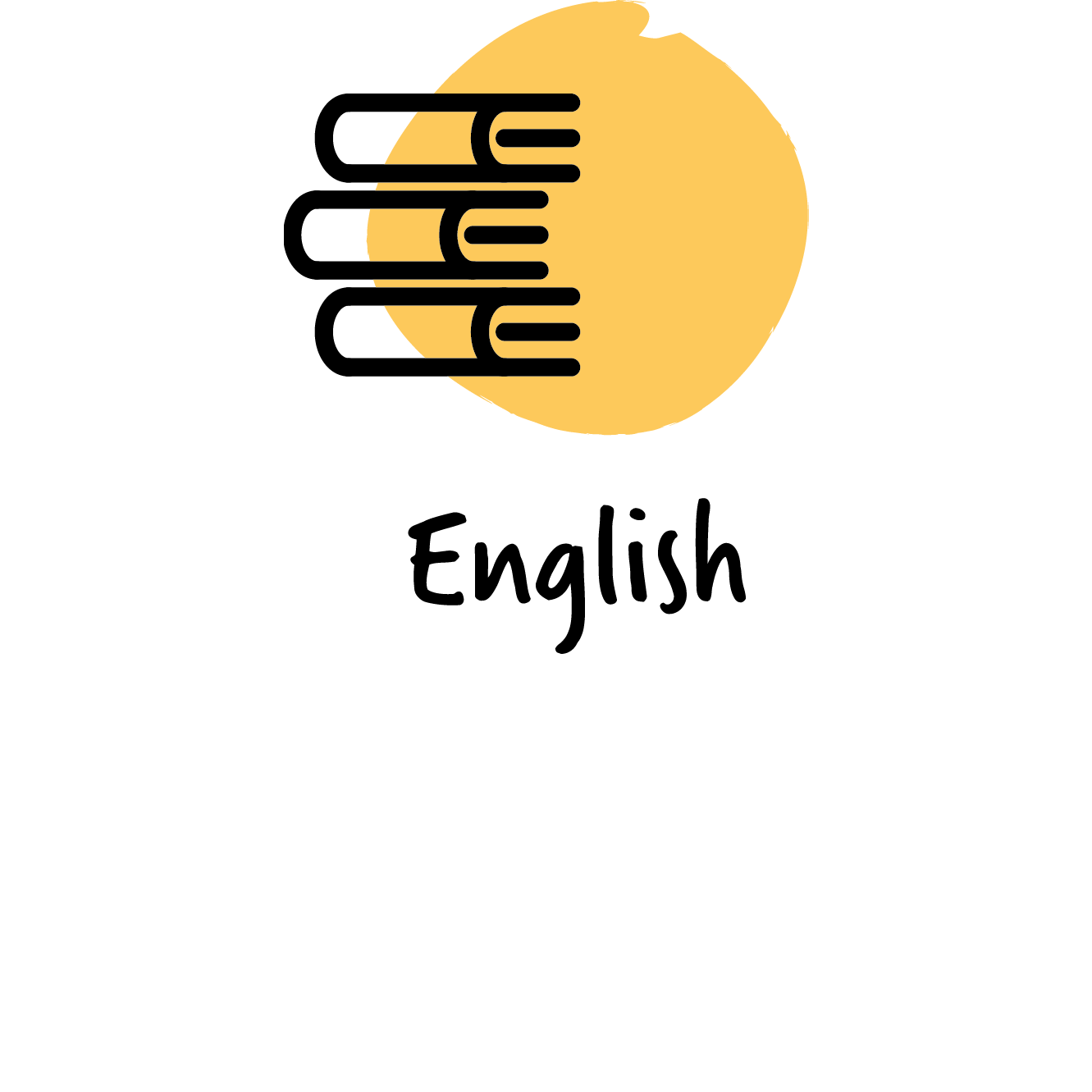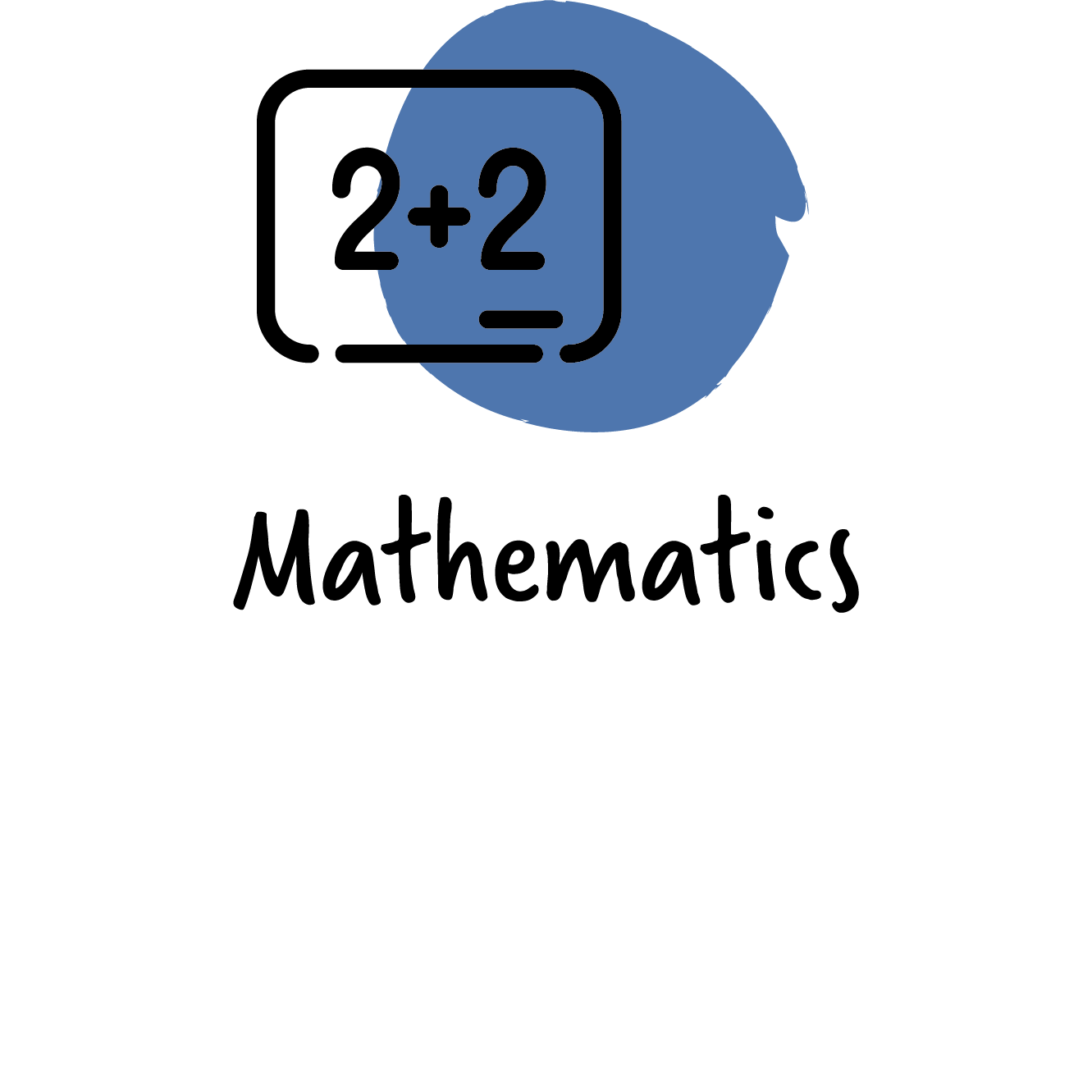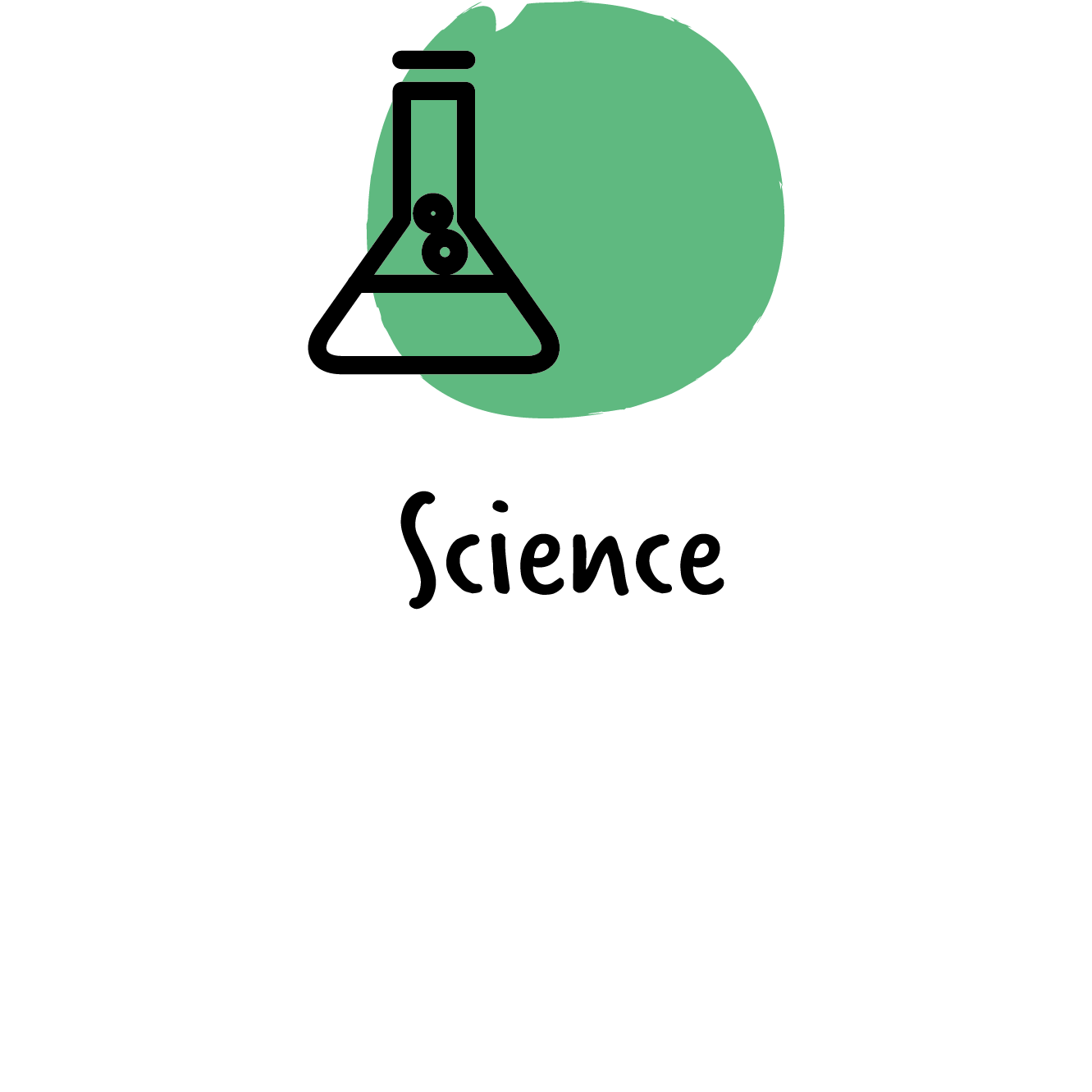The National Curriculum comprises of three Core Subjects:
English (Literacy)
Children take part in a designated literacy session each day, which provides a focused approach to the different parts of the English curriculum.
Speaking and listening – this forms the hub of all literacy sessions.
Reading - Pupils learn to read through a phonics program. Children initially learn how letters, or groups of letters sound. Once children can recognise sounds, they learn to blend them together to read words. They use their knowledge of these sounds and blending to decode words and read independently. Learning to read through phonics helps children to become confident readers and supports spelling in writing. At New Marston, we follow the Read Write Inc program for phonics and sessions take place every day. Children will be provided with fully decodable books to read and share at home.
Library & Book Corners - The Library contains a range of poetry, fiction and non-fiction texts and is available to all pupils. Class libraries (book corners) include a range of texts chosen by children and texts that help pupils to deepen their knowledge and understanding. Children are encouraged to develop their motivation to read by having time to read, to share books and to talk about books with their classmates. Teachers promote themselves as readers in order to participate in regular book talk alongside their pupils. Pupils are encouraged to share the books that they read at home. We celebrate reading through World Book Day, Book at Bedtime, whole school shared reading events, school book fairs and visiting authors.
At New Marston, pupils take part in daily English lessons that comprise reading and writing. Reading sessions are routed in quality discussion (speaking and listening) and the teaching of comprehension strategies, including specific vocabulary teaching. These strategies support our pupils to deploy comprehension skills (such as vocabulary, grammar and background knowledge) in order to gain a deeper understanding of what they read. We choose a broad range of texts to inspire and develop the knowledge of our pupils and to provide the inspiration for our writing sessions.
Writing - Writing at New Marston is taught through the understanding of the writing process (how real-world writers create their texts). Beginning with the purpose for their writing - what they want their text to achieve and who their audience is - children engage with new projects through the development of ideas. This is followed by the planning and drafting section. The next part of the process is the revision process, which is where children have the opportunity to improve their writing and develop their language. The last two stages of the writing process are the editing stage, for accurate punctuation and spelling, and the final stage which is publication. All writing sessions are supported through the teaching of grammar that is applicable to their work, the use of exemplar materials and high quality modelling, demonstrated by their teacher, of each stage of the process.
English teaching at New Marston
Grammar Progression
Reading Skills Progression
Booklist
Mathematics
At New Marston, Mathematics is taught using a mastery approach. Teachers use the NCETM’s 5 big ideas to deliver a mathematics curriculum that develops all pupils to be factually, procedurally and conceptually fluent. Teachers encourage pupils to think deeply about their learning, making connections, seeking out patterns and understanding the structures that are present in maths.
In the Early Years, pupils develop a rich understanding of early number through the Mastering Early Number program, as well as looking at Shape, Space and Measure. Pupils in Key Stage One continue with the Mastering Early Number program as an addition to their normal maths lessons to ensure that all pupils begin Key Stage Two with a deep understanding and fluency of the number facts they will need to know in order to access the key stage two curriculum. In Key Stage Two, pupils in Year 4 and 5 follow the Mastering Number at KS2 program to ensure they are secure in their multiplication and division facts and concepts in order for them to succeed in their Year 4 Multiplication Tables Check and End of Key Stage Two SATs.
Maths teaching at New Marston
Addition and Subtraction Calculation Policy
Multiplication and Division Calculation Policy
Mastering Early Number - Reception Overview
Mastering Early Number - Year One Overview
Mastering Early Number - Year Two Overview
Science
At New Marston, our approach to teaching science is designed to ignite curiosity and foster a lifelong love for inquiry. Science education goes beyond worksheets, emphasizing hands-on experiences that engage young minds. Our students explore the wonders of the natural world through interactive experiments, observation, and discovery. Whether investigating the life cycle of plants in our forest school or experimenting with simple chemical reactions in a classroom, pupils are encouraged to ask questions, make predictions, and draw conclusions based on their observations.
Teachers incorporate real-world examples and encourage critical thinking, nurturing the development of scientific skills such as hypothesizing, experimenting, and analyzing results. The curriculum aligns with national standards, ensuring a comprehensive understanding of key scientific principles.
As a school, we encourage the emphasis of cross-disciplinary connections, linking science with mathematics, history, and other subjects. This holistic approach not only enhances comprehension but also underscores the interconnected nature of knowledge. Through this dynamic and interactive approach, New Marston strives to instil a genuine enthusiasm for science, laying the foundation for future generations of inquisitive minds.









